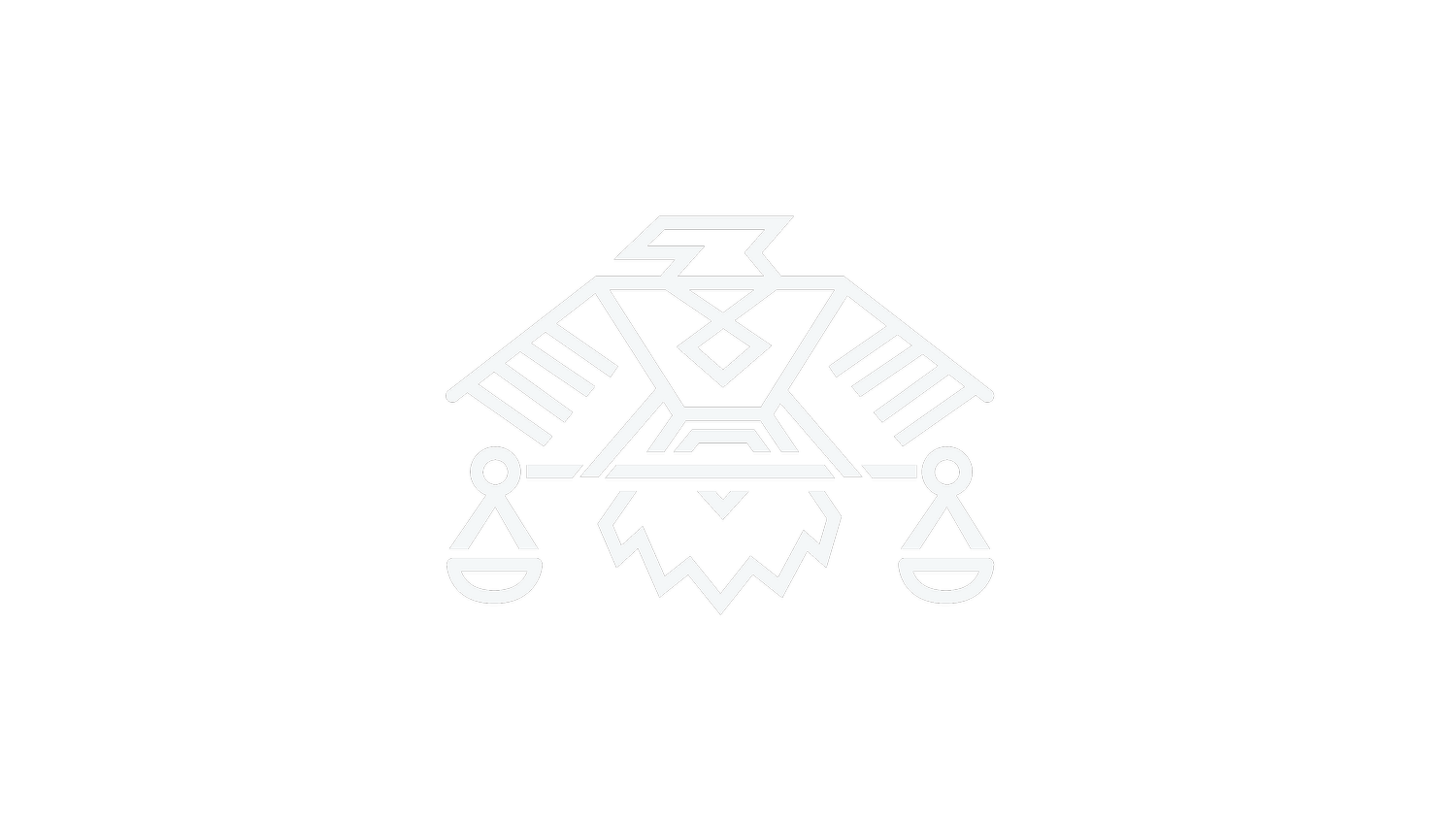THE IBA COMMENDS THE SUPREME COURT OF CANADA ON ITS DECISION UPHOLDING BILL C-92 AND THE INHERENT RIGHT OF SELF-GOVERNMENT
Ottawa, ONT – The Indigenous Bar Association in Canada (the “IBA”) commends the Supreme Court of Canada (“SCC”) on its recent decision affirming that Bill C-92 – and Canada’s recognition that Indigenous peoples have an inherent right of self-government including over their children and families – is constitutional. As an intervenor in this landmark case, the IBA welcomes the court's support for Parliament affirming such rights through legislation as a means for implementing UNDRIP and advancing reconciliation.
Bill C-92, also known as An Act respecting First Nations, Inuit and Métis children, youth and families (S.C. 2019, c.24), was enacted in 2019 with the goal of addressing the overrepresentation of Indigenous children in the child welfare system. The legislation establishes national standards for the protection of Indigenous children across Canada and provides an avenue for Indigenous communities to exercise their inherent jurisdiction over child welfare matters and prioritize Indigenous cultural practices and connections to family and community. Where Indigenous communities choose to exercise their inherent jurisdiction using the mechanisms under the Act, the Act provides that their laws will have the force of federal law and prevail over provincial legislation that conflicts with them. The Act was challenged as being unconstitutional and alleged to be outside of the federal government’s powers (over “Indians and lands reserved for Indians”) and encroaching on provincial jurisdiction (over children and families).
In this landmark decision, the SCC unanimously stated that the federal government’s recognition that section 35 of the Constitution Act, 1982 includes the inherent right of self-government over child and family services is constitutional. The Court went on to note that, as a matter of statutory law, this binds the Crown to act in a manner consistent with this recognition and that the honour of the Crown applies to how they fulfill this obligation. The Court also upheld the sections of the Act that provided Indigenous laws recognized under the mechanisms in the Act will prevail over inconsistent provincial laws.
"The Supreme Court's decision sends a clear message that Indigenous self-determination cannot be denied or undermined," said Drew Lafond, IBA President. "For over a century, Indigenous family structures have been, and continue to be, systematically fractured by alienating our children from their communities and families. The process of reconciliation seeks to remedy these historic wrongs and bring Indigenous children and families together. The recognition and exercise of Indigenous self-government is one of the ways Canada will achieve reconciliation, and through which Indigenous peoples can rebuild their families and reclaim their children. The court’s decision today solidifies our progress towards reconciliation and brings us closer to a future where both the federal and provincial governments recognize what Indigenous peoples have always known – that we have an inherent right of self-government, including the right to govern our children and families."
The IBA commends the SCC for its commitment to upholding legislation recognizing Indigenous rights and jurisdiction. Moving forward, the IBA urges all levels of government to take similar steps, through legislation or otherwise, to recognize and affirm Indigenous self-government and implement ways to work in collaboration with Indigenous peoples and prioritize the well-being of Indigenous children and families.
We wish to extend our heartfelt gratitude to our pro bono counsel on this file, Paul Seaman and Keith Brown of Gowling WLG, for their tireless dedication and legal expertise in advancing Indigenous rights and supporting our advocacy efforts.
The IBA is the national association of Indigenous (First Nation, Métis, and Inuit) lawyers (practicing and non-practicing), legal academics and scholars, articling clerks and law students, including graduate and post-graduate law students and paralegals in Canada. The IBA’s mandate includes, inter alia, advocating for the recognition of Indigenous laws, legal traditions, protocols and process; promoting the reform of policies and laws affecting Indigenous peoples in Canada; and fostering public awareness within the legal community in respect of legal and social issues of concern to Indigenous peoples in Canada. For more information, visit www.indigenousbar.ca.

